Harvesting
Under normal conditions, the first harvest is done from 18 to 24 months after planting. Stalks are considered mature and harvested when the flagleaf appears.
The Abaca comes from a species of banana plant (Musa textilis) and is extracted from the leaf stems of this self-sustaining plant.
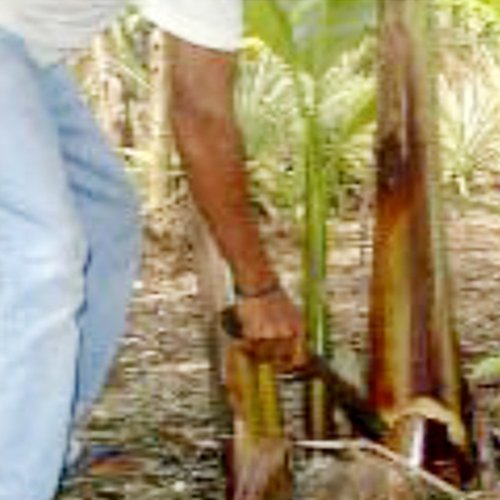
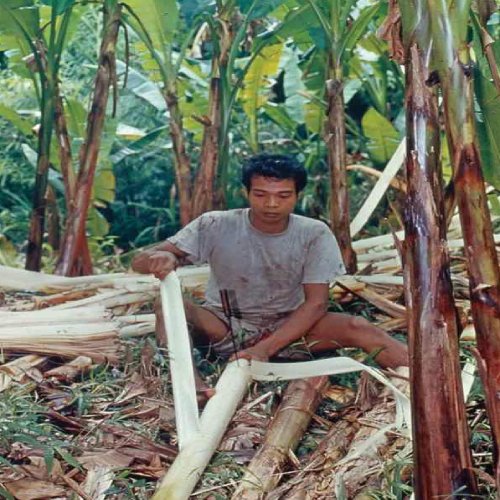
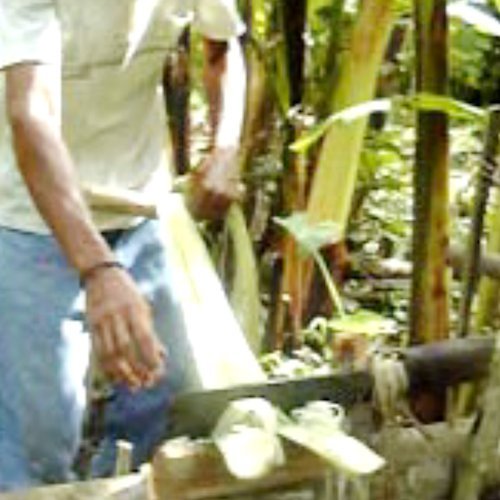
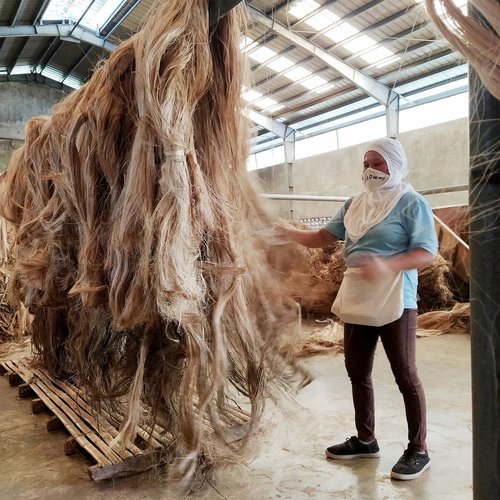
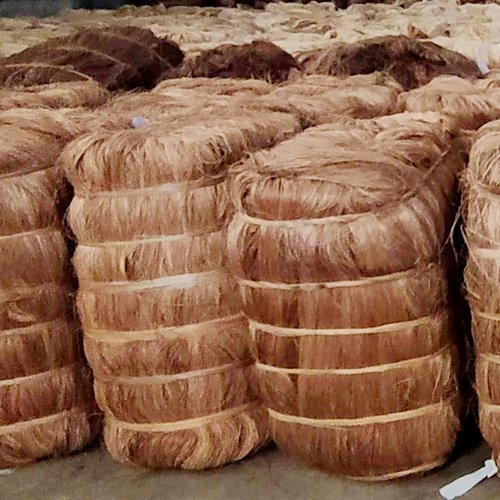

The Abaca has great sustainability and is harvested for its strong, versatile fiber that is turned to pulp to be utilized as raw material for different specialty paper products.




PSPI has a wide array of products consisting of various PULP GRADES intended for the manufacture of SPECIALTY PAPERS, such as:
PSPI's quality control starts at the receiving point of the raw fiber at the mill. In being able to identify and select the specific district of plantation and abaca plant variety prior to mill utilization, PSPI is thus able to stabilize raw material import in order to meet customers pulp quality requirements.
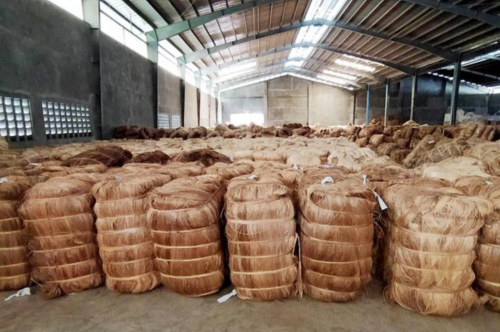
PSPI maintains a vast network of raw fiber material procurement activities.
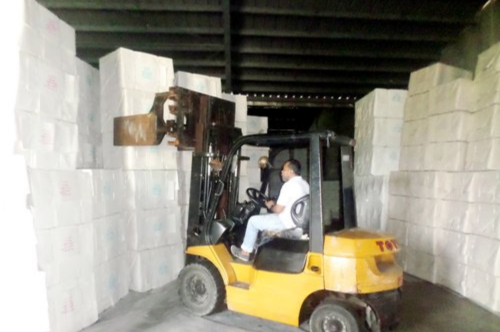
PSPI is an ISO 9001:2015 Certified Company. Our mill has a capacity to produce more than 4500 MT annually.

PSPI Albuera Mill is located at the municipality of Albuera, province of Leyte, Philippines.
Actual classification of fiber grades are conducted in accordance with the government Agency of the Philippines, the FIBER INDUSTRY DEVELOPMENT AUTHORITY (PhilFIDA).